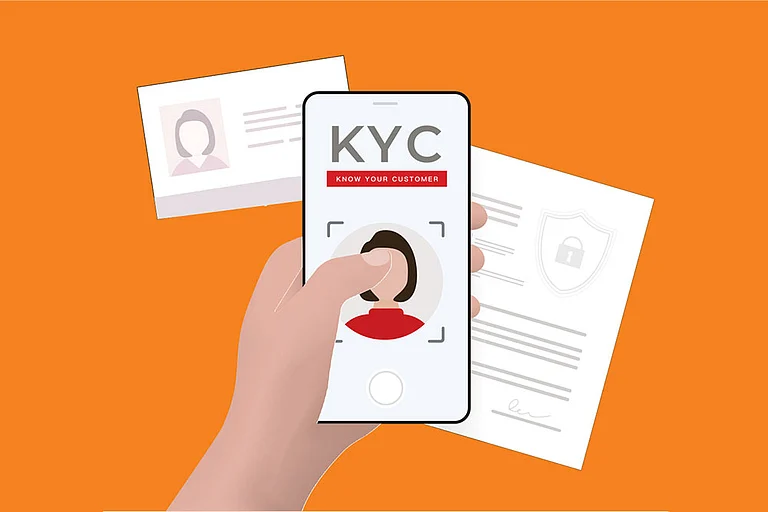
Summary of this article
Crypto wallets store private keys, enabling secure access to assets.
Hot wallets are convenient; cold wallets offer stronger offline security.
Choose a wallet based on safety, usability, and personal requirements.
With cryptocurrencies becoming more popular, it’s become equally important to keep them safe. A crypto wallet support with this by securely keeping your digital assets and allowing you to control access to them while preventing unauthorised access by other. Knowing the different types of wallets and what they offer will help you make a more secure and informed decision.
What Are Crypto Wallets
Crypto wallets are digital tools used for storing cryptocurrencies securely. Instead of retaining actual token, it stores the private keys that allow you to access your digital assets on the Blockchain.
Vedang Vatsa, founder of Hashtag Web3 said: “Without a secure wallet, users may face risks like hacks, phishing, or exchange shutdowns. It can become inaccessible if login credentials are lost or compromised. There can also be privacy concerns since exchanges often hold user data. A wallet can give users more control and independence in the evolving ecosystem.”
When choosing a crypto wallet, you have to first decide between custodial and non-custodial wallets. Custodial wallets let a third party manage security, while non-custodial wallets give you full control. Crypto wallets are also classified based on their Internet connectivity and are termed hot or cold wallets.
Hot Wallets
Hot wallets stay connected to the Internet and let users access their cryptocurrency quickly. They include mobile wallets, desktop wallets, and Web wallets. Mobile wallets are smartphone applications, desktop wallets are computers, while Web wallets are browser-based. These wallets enable users to transmit, receive and examine their digital assets online comfortably.
Cold Wallets
Cold wallets are completely offline and store cryptocurrencies without an Internet connection. They include hardware wallets that are physical devices that keep private keys offline, and paper wallets, which print keys for access. Cold wallets store digital assets offline and are used for keeping funds for longer periods
Which Wallet Is Right for You
When selecting which wallet to use, it is crucial to consider the balance between security and ease. Vedang mentions that it should be decided by your requirements and goal.
He says: “A hardware wallet is generally the safest as it keeps assets offline and away from online threats. Mobile and exchange wallets may be more convenient for smaller amounts. The right choice depends on comfort, investment size, and long-term goals, because safety comes not just from the tool but also from how it is used.”
How to Keep Your Crypto Wallet Safe
To keep their crypto wallets secure, users can follow these practical measures highlighted by Ashish Singhal, co-founder of CoinSwitch:
He says: “Users should set strong PINs, enable biometric authentication and 2-Factor Authentication, never share sensitive information, keep their wallet app updated, and ensure all communications between the app and servers are encrypted (SSL/TLS). Choosing wallets with custodial security and platforms that publish Proof of Reserves (POR) adds an extra layer of safety.”











